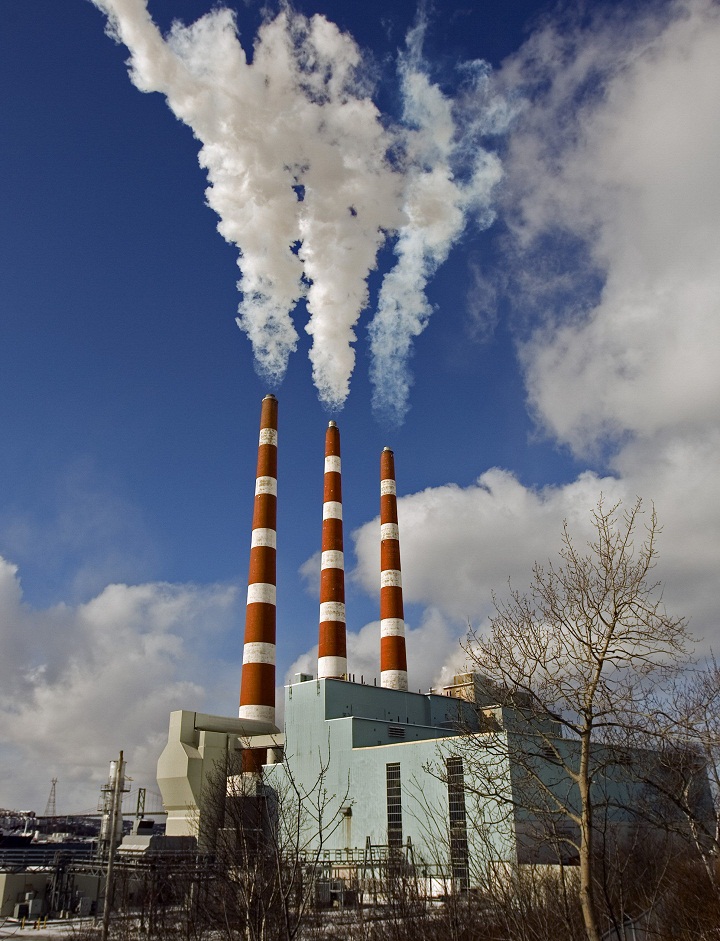The chief executive of Emera says it’s too early to say if Ottawa’s plan to set a minimum price for carbon will hike electricity prices in Nova Scotia.

Chris Huskilson said Tuesday during a speech to the Core Energy Conference in Halifax that he believes Emera subsidiary Nova Scotia Power was already on track to meet reduction targets on carbon.
He says the province has been increasing the percentage of renewable energy and decreasing emissions from its coal-fired production plants by one third and has “already seen a reduction of 36 per cent of total carbon emissions,” since 2005.
READ MORE: Nova Scotia let down, surprised by Ottawa’s carbon price plan: minister
Meanwhile, the province has seen electricity rates rise 62 per cent over the same time period, as some of the costs of converting plants and increasing the use of renewables were passed along to ratepayers.
Nova Scotia’s environment minister walked out of meetings with her federal counterpart on Monday evening, saying she was let down by the announcement.
Margaret Miller said the province needs a solution that won’t “punish the pocketbooks of Nova Scotians,” who already pay among the highest energy rates in the country.
READ MORE: Trudeau says Liberals willing to impose carbon price on provinces
The federal plan, outlined by Prime Minister Justin Trudeau, calls for a “floor price” of $10 a tonne in 2018 that increases to $50 a tonne by 2022 – measures that will be forced on the provinces if they don’t co-operate.
However, Huskilson told reporters that it remains to be seen how Ottawa’s carbon price will impact the electricity sector.
“It’s unclear I would say as to where we go from here, but I would say that Nova Scotia is in very good shape because we have real reductions to this date and into the future,” he said.
He also cites the province’s plans to purchase hydroelectricity from Newfoundland and Labrador once the Muskrat Falls hydro project in Labrador is complete.
He says that should help the province increase its percentage of clean energy.
READ MORE: Nova Scotia wants recognition of its emissions reductions in carbon pricing plan
The executive notes the province already has a cap on carbon emissions, which the utility is achieving.
“Until we understand better what the rules actually are and until we understand better what it means … how our cap (on emissions) today relates to what the federal government is asking for, it’s hard to have a definitive answer,” he said.
However, Larry Hughes, an engineering professor at Dalhousie University, said “there’s more to this than meets the eye.”
He says the province doesn’t have either a price on carbon or a cap-and-trade system in place for carbon, so in that regard it still hasn’t met the federal requirements.
Hughes also said higher costs are very likely come in other areas, such as liquid fuels used to heat homes and transportation.



Comments